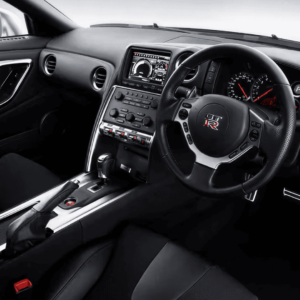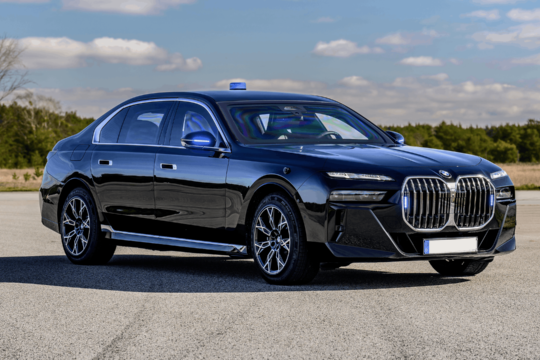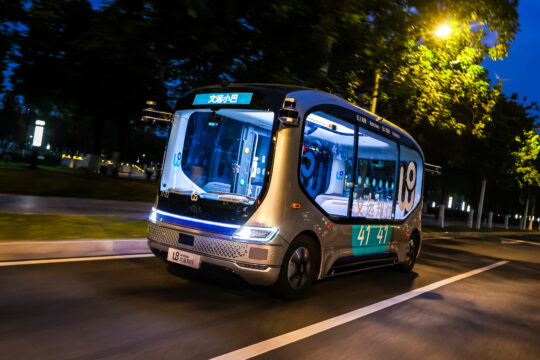An Unexpected Pole Position
Ask most analysts where autonomous tech will find its first mass audience and they point to Silicon Valley or Munich. Yet fresh data from Arthur D. Little’s 2024 Global Automotive study says otherwise: drivers in Saudi Arabia are three times more willing to trust self-driving systems than their European peers, and the UAE is close behind at twice the rate (Consultancy ME). That appetite places the Gulf at the sharp end of a race many assumed would be run elsewhere.

What’s Fueling the Enthusiasm?
- Infrastructure built for tomorrow
New motorways across Riyadh, Abu Dhabi, and Doha arrive pre-loaded with 5G masts and smart-city sensors, making over-the-air updates and V2X communication less theory and more daily benefit.
- A culture of tech optimism
Middle-East residents lead the world in online car purchases, with 53 percent open to a digital end-to-end transaction (Mid-East.info). If customers are willing to buy a SUV on a smartphone, trusting an algorithm to steer the same SUV is a smaller leap.
- Government push for diversification
Saudi Arabia’s Vision 2030 and the UAE’s National AI Strategy both earmark autonomous mobility as a pillar for economic growth. Licensing fast lanes and test zones create fertile ground for OEM pilots.
The Sand Still Hides a Few Rocks
No matter how shiny the tech, safety anxiety remains the number-one brake pedal. Respondents list concern over mixed traffic (human unpredictability meeting machine logic) as the biggest hurdle to adoption (Consultancy ME). Insurance frameworks and liability laws are still in draft mode, and a single high-profile mishap could steer sentiment hard left.
Opportunity for Local Differentiation
For brands hunting whitespace, the numbers hint at a new kind of showroom hero. Imagine a “GCC Edition” Level-3 SUV tuned for 50-degree summers and sand-storm Lidar interference. Pair that with Arabic voice assistants and region-specific mapping, and the badge could earn first-mover loyalty long before Western markets clear regulatory tape.

What Dealers Should Do Now
- Demonstrate, don’t just display
Static cars on marble floors won’t shift perception. Host geo-fenced ride-alongs in controlled environments so customers feel the wheel go light in their hands.
- Train staff as tech translators
The best salesperson in 2026 might be an ex-IT engineer who can explain over-the-air patches as clearly as horsepower.
- Partner with insurers early
Offering bundled autonomous coverage will soothe the “who pays if” question before it stalls the deal.
The Middle East often skips incremental steps when it comes to tech progress (think: leap-frogging landlines for smartphones). Autonomous driving could follow the same arc. High acceptance rates, government backing, and a hunger for innovation place the region on a fast track that Europe and the U.S. may watch with equal parts envy and relief.
For now, the light is green, the road is wide, and the Gulf seems eager to let the car do the driving. The question is no longer if autonomy will arrive here first, but which brand will claim the inaugural checkered flag.
Buckle up, or perhaps, sit back and let the machine handle it.










